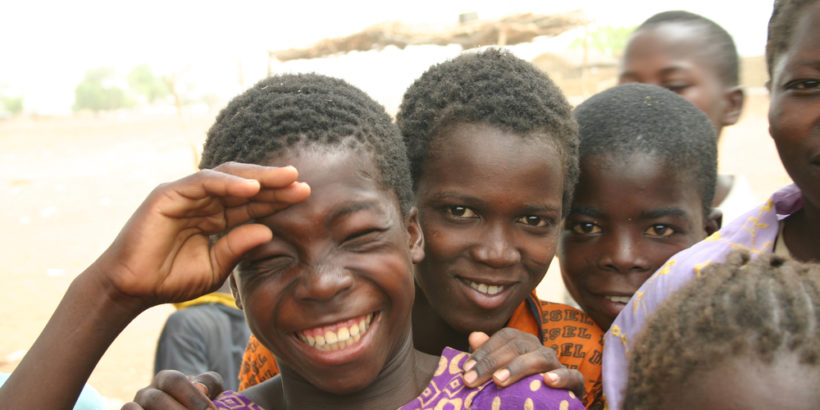During the past several weeks, our typhoid team has been preparing for an important meeting taking place this week in Kigali, Rwanda – the RITAG meeting. Aziza Mwisongo, senior program officer at PATH and lead of TyVAC’s work supporting the country introduction of typhoid conjugate vaccines (TCVs), is attending and before she left, I caught up with her to find out more about the RITAG, TyVAC’s role, and its importance for typhoid and TCVs.
Elayna: What is the RITAG?
Aziza: RITAG stands for the Regional Immunization Technical Advisory Group, which is organized by each World Health Organization (WHO) regional office, in this case for Africa. The RITAG is the principal advisory group to WHO regional offices and provides strategic guidance on overall regional policies and strategies for vaccines and immunization—including research and development, delivery of immunization services, and connections between immunization and other health interventions—for all vaccine-preventable diseases. The group meets to discuss relevant immunization issues and advise the WHO regional offices on how best to support countries with their immunization objectives. While it involves members from varied backgrounds and diverse organizations, they share a common interest in immunization, which helps to provide WHO-AFRO with high quality recommendations.
Elayna: Why is the RITAG important for TCV?
Aziza: It is very important for TCVs because right now so many things have happened since WHO released their position paper in April formally recommending countries to introduce TCVs. The position paper is a green light for countries to start introducing the vaccine and to pursue a Gavi, the Vaccine Alliance application for financial support for the introduction. The TCV is a new vaccine, and it has not been introduced before. Therefore, as a group, this meeting is an opportune moment to share our different experiences, challenges, and lessons learned to best advise and facilitate the introduction of the vaccine in the region.
Elayna: What is your role at the RITAG?
Aziza: I will be presenting on TyVAC and the support that we provide with preparation, Gavi application, and introduction of TCVs. Typhoid used to be a disease on the back burner and often misdiagnosed as malaria. It was rarely given the prominence of other diseases, even though it has a significant disease burden. Our aim is to help countries with the Gavi application, but they cannot complete the submission without data, so we are also helping countries make sure they have the right data. Once we have that, we help them convene a national forum, bringing together all the players to discuss the disease burden data in the context of TCVs so that the country has one unified voice on how to take on typhoid. If the country decides to pursue an application to Gavi, we can also support its development, including helping think through their immunization strategy. During this RITAG, I will be sharing TyVAC’s experience so far with these processes.
Elayna: What do you hope to accomplish?
Aziza: First is to advocate for the introduction of TCVs in African countries with a high typhoid burden. Secondly, is to create visibility for TyVAC to ensure that our role is known, and thirdly to share our experience assisting countries with the Gavi application for TCV. Further, this meeting also provides the opportunity to discuss our experiences and challenges, and get input from other experts in how we can better improve our support for countries. Eventually, I hope that TyVAC will be recognized as a critical technical partner for TCV application and introduction.
Elayna: Why are you passionate about this work?
Aziza: As a person growing up in Tanzania, I suffered from typhoid on several occasions. I can testify to how uncomfortable and agonizing this illness is. It takes a lot of antibiotic treatment to completely get rid of the infection, with 2 or 3 courses, partly because of antimicrobial resistance. For me, having a vaccine that offers someone long-lasting protection is a dream come true. TCVs are a perfect opportunity for countries experiencing both endemic and epidemic typhoid. There are so many diseases out there, if we can reduce the suffering from one of them, we should do that. It is exhilarating to have a typhoid vaccine with such high efficacy levels, and we should seize the moment.
Photo credit: PATH/ Monique Berlier



